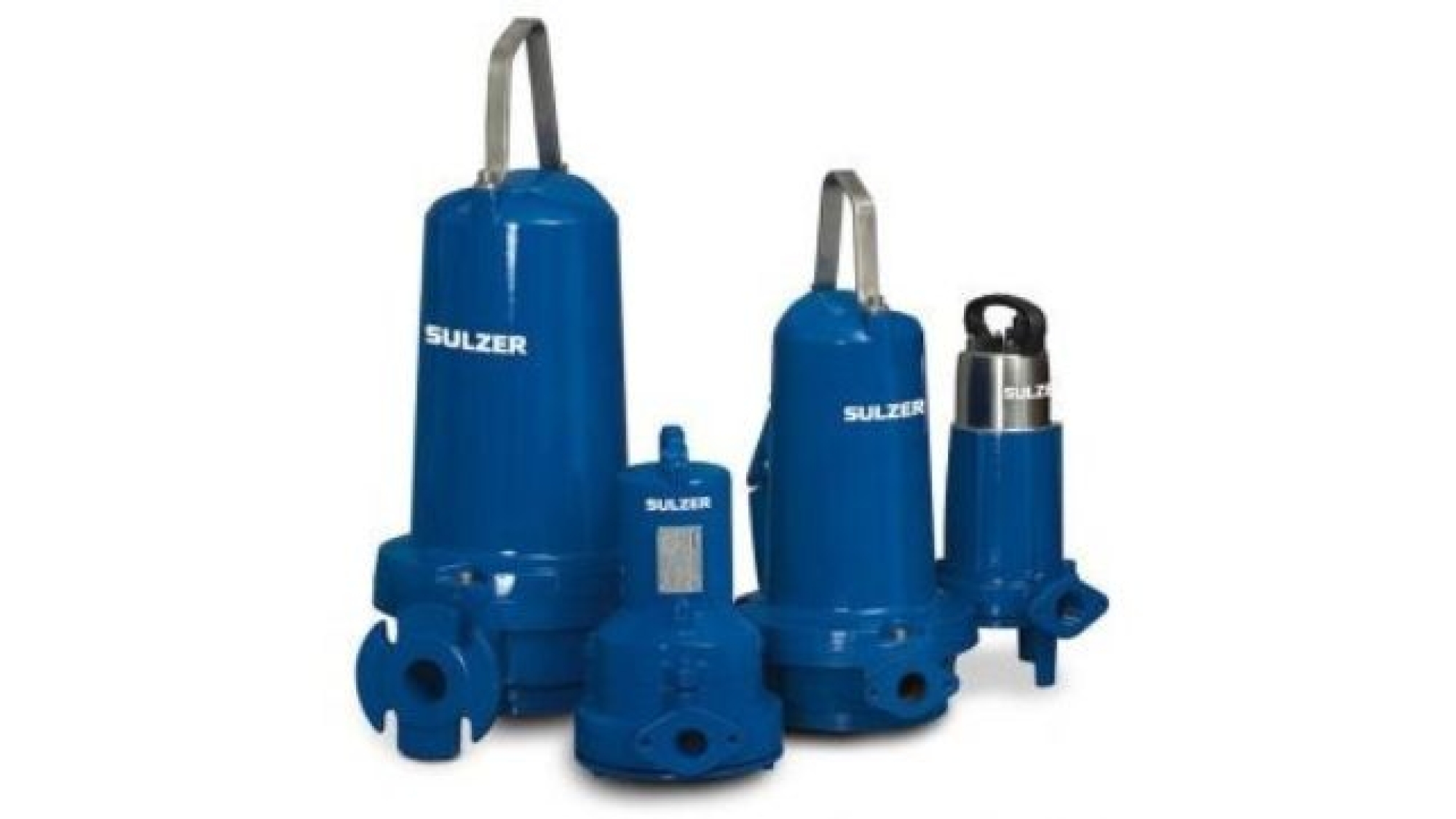Sewage pumps play a crucial role in managing wastewater in almost every premises, from private homes to large commercial establishments.
However, like any mechanical system, sewage pumps can encounter problems that prevent them from operating as expected and even cause them to break down completely.
When sewage pumps fail, it can be extremely disruptive to building users and can result in toilets backing up, lack of access to clean water and overflow.
To prevent this, our latest blog post reviews 8 common problems with sewage pumps and how you can fix them. The most common problems with sewage pumps include:
- Pump won’t start
- Pump won’t turn off
- Toilets backed up
- Leaking from pump
- High level alarm sounding
- Loud noises from pump
- Burn out
- Bad smells
-
Pump Won’t Start
When a sewage pump fails to start, it can be due to a range of factors, including power outages, sensor malfunctions, faults in the control panel, motor failures, debris blocking the impeller, or blockages leading to tripped electrics.
Given the numerous potential causes, it is recommended to call out a pump engineer to carry out an inspection of the pump. An experienced technician can identify the cause and carry out necessary repairs.
-
Pump Won’t Turn Off
A sewage pump that continuously runs may have a faulty control float switch or have a blockage. Additionally, if you’ve noticed a spike in your electricity bills, it could sign that your pump isn’t shutting off as it should.
If the pump is non critical, we would recommend cutting the power to the unit. To address the issue properly, schedule an inspection with an engineer. They can assess the control float switch and related components to restore proper pump functionality.
Failure to stop the pump will run the pump dry and damage the seals within the pump, causing the pump to fail.
-
Toilets Backed Up
Toilet backups are often caused by blockages within the pump, issues with sewage treatment plants, or the need for septic tank emptying.
Given the disruption that toilets backing up can cause for building users, it is recommended to minimise your water usage by avoiding using toilets and taps until an engineer can attend.
-
Leaking from Pump & Pipework
Leaks in sewage pumps are often caused by broken valves or cracked/broken pipework. These leaks can lead to reduced efficiency and potentially, further damage.
Damaged pipework or Failed Non Return Valves will cause the sewage to recirculate within the sump. This causes the pumps to work harder to remove the waste, so energy consumption will increase and wear on the pump is likely to reduce the life of the pump.
We recommend carrying out a visual inspection of the pump to identify where the leak is coming from, this will allow you to order the correct replacement part or describe the issue more accurately to an engineer.
If you can’t find the cause of the leak, contact a pump engineer to inspect the unit. Additionally, consider implementing a pump maintenance plan to prevent future leakage and related problems.
-
High-Level Alarm Sounding
High-level alarms activate when water levels rise to critical points within the pump system.
In case of a high-level alarm, switch off the pump immediately and contact an engineer for professional assistance. It’s essential to identify and resolve the underlying cause to prevent system overload.
-
Loud Noises from Pump (Vibrations, Banging)
Noises like vibrations or banging emanating from a sewage pump may be due to improperly secured pipes, a malfunctioning system check valve or an Impellor that isn’t secured within the pump casing.
We recommend carrying out a visual inspection of the pump including checking the pump fixtures before contacting a pump engineer who will be able to ensure the pipes are adequately secured and may potentially be able to install a quieter valve.
-
Burnout
Burnout can occur for several reasons including:
- Pump not suitable for job (wrong size, wrong type)
- Overwhelming surges from heavy usage
- Failed float stops causing pump to run until burnout
- Overloads not set correctly
- Pump blocked causing it to pull high amps
Arrange a consultation with an engineer to ensure that your sewage pump is correctly designed for its specific role. As well as reducing the risk of burnout, using the right pump for the job can result in a longer lifespan and save you money.
-
Bad Smells from Pump
A bad smell from the pump can indicate improper seals, stagnant pump water, or the growth of mould within the pump.
If you notice bad smells, it’s crucial to have an engineer inspect the pump thoroughly.
Regular pump maintenance can also help prevent this issue by ensuring proper seals and preventing the build up of stagnant water.
Professional Sewage Pump Repair and Maintenance
Dealing with sewage pump issues promptly is crucial to maintaining proper wastewater management and preventing disruptions.
By understanding these common problems and solutions with sewage pumps, you can take proactive steps to minimise the risk of pump breakdown.
If you are experiencing issues with your sewage pump, call our expert team today on 0117 954 8030 or fill out a contact form

